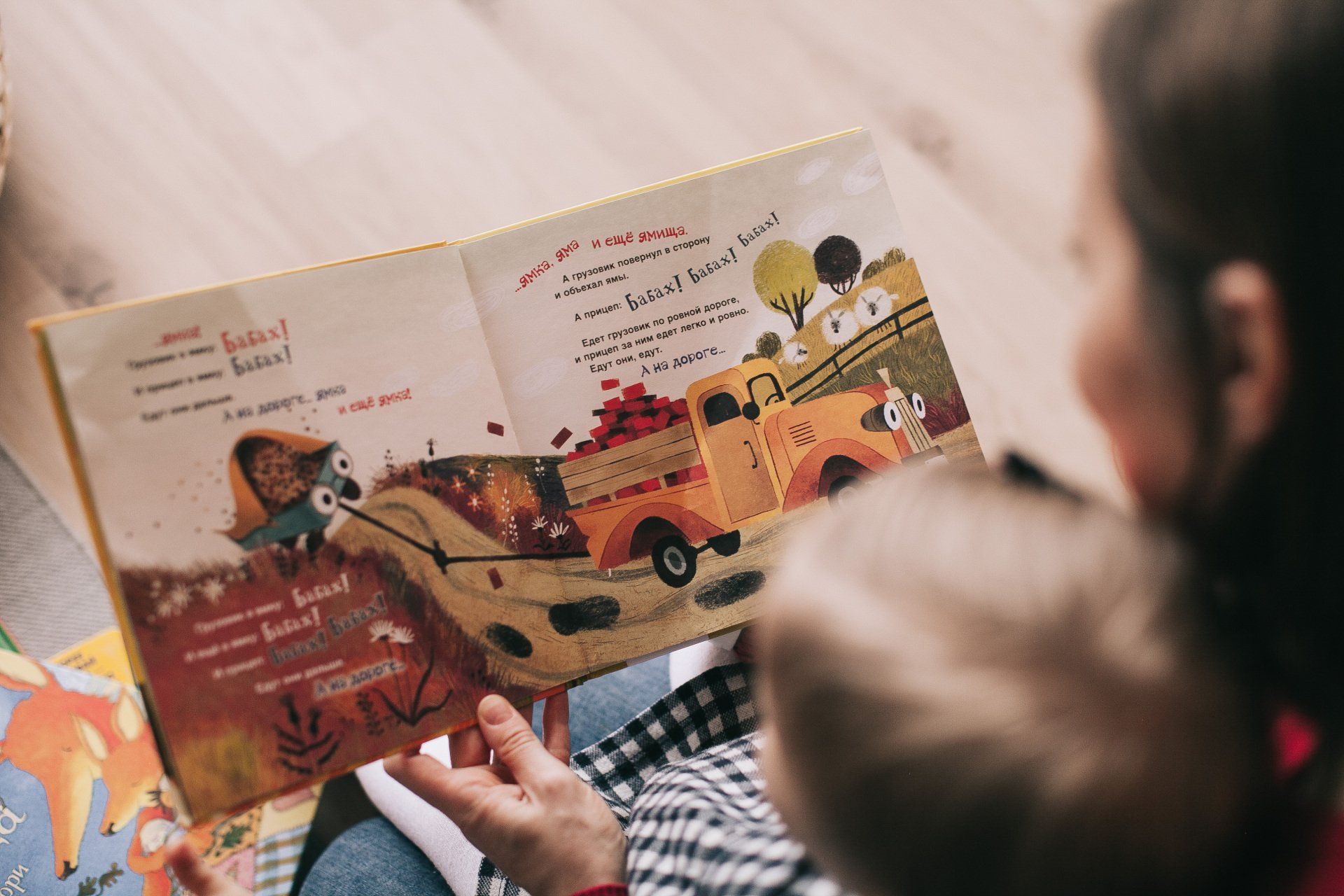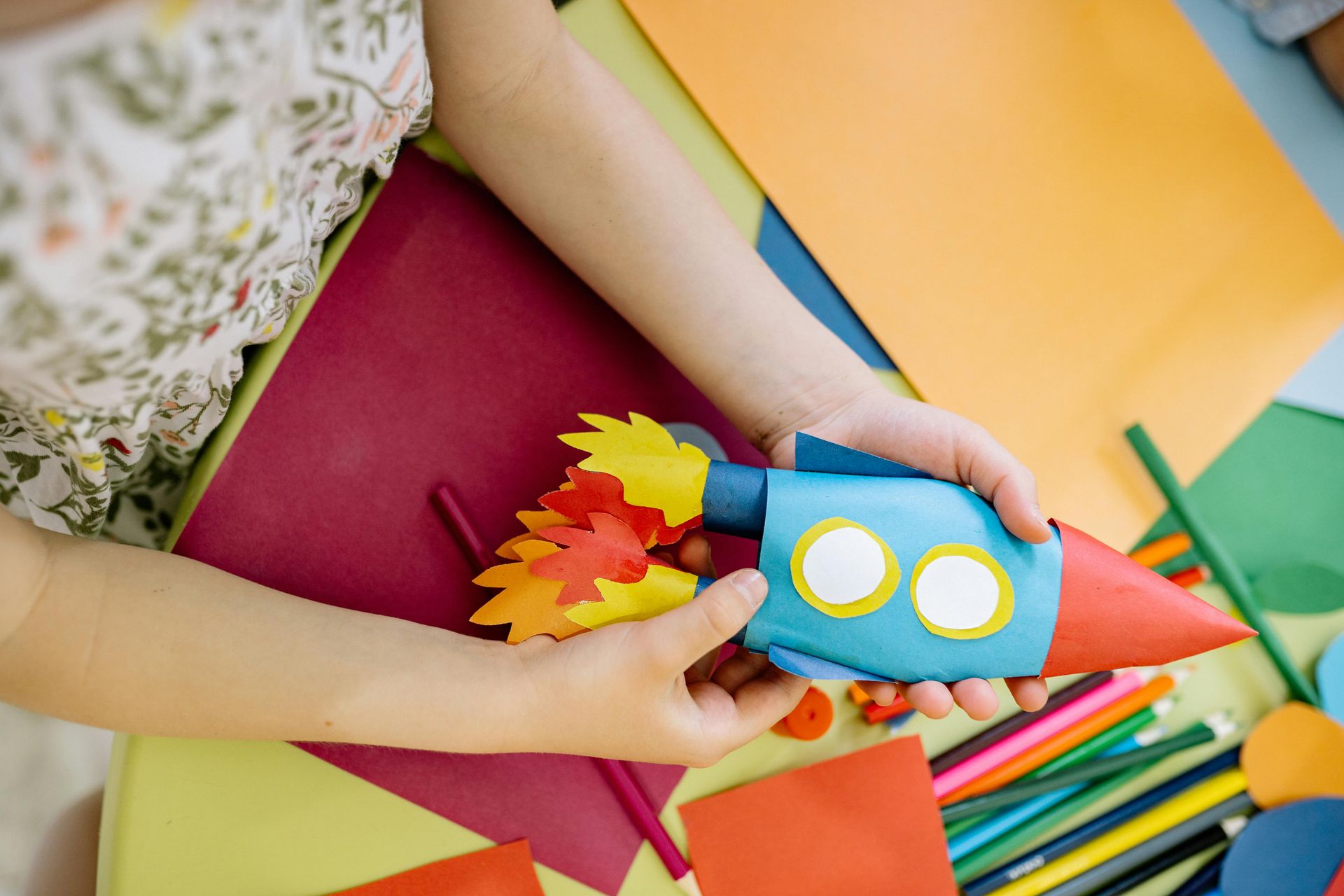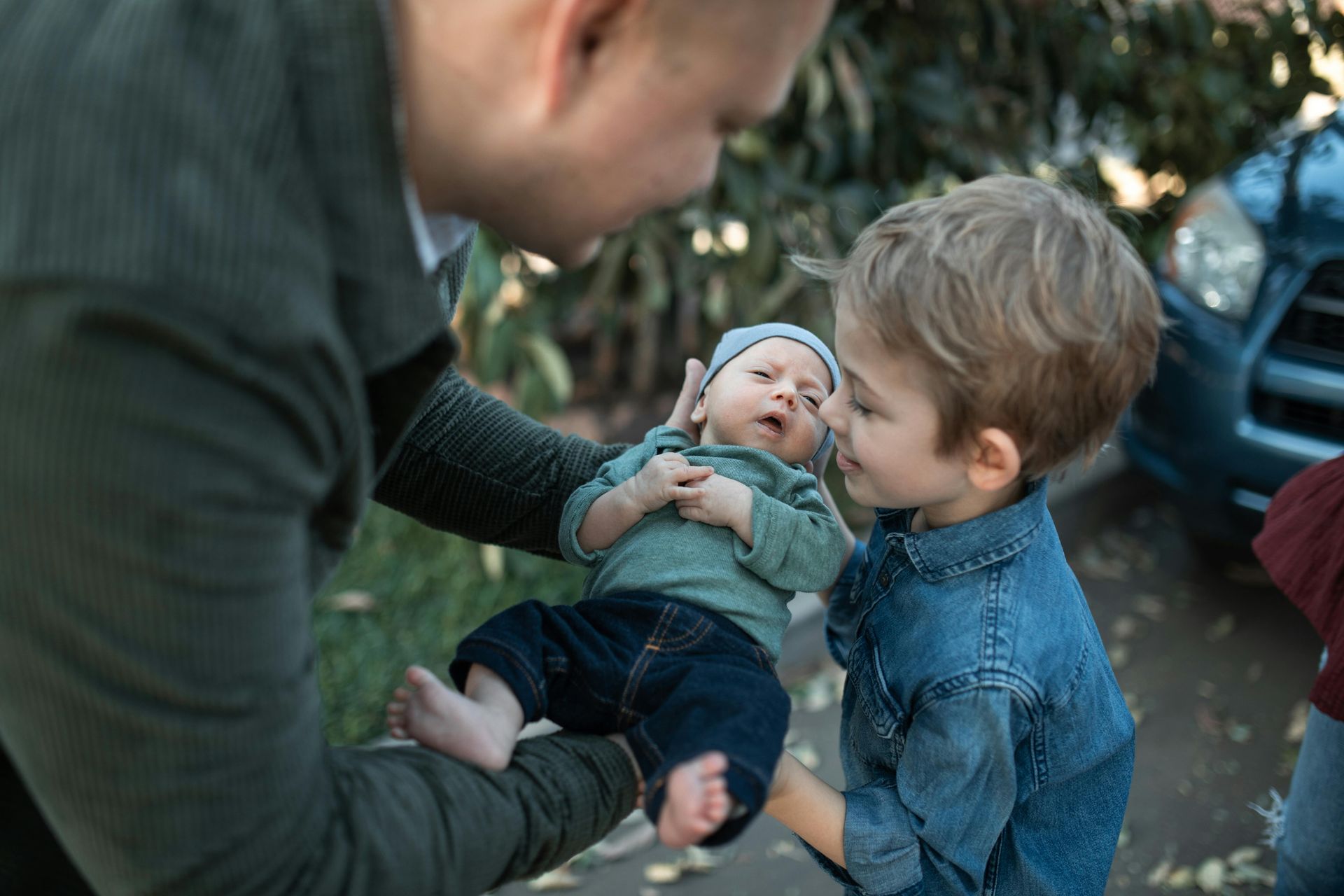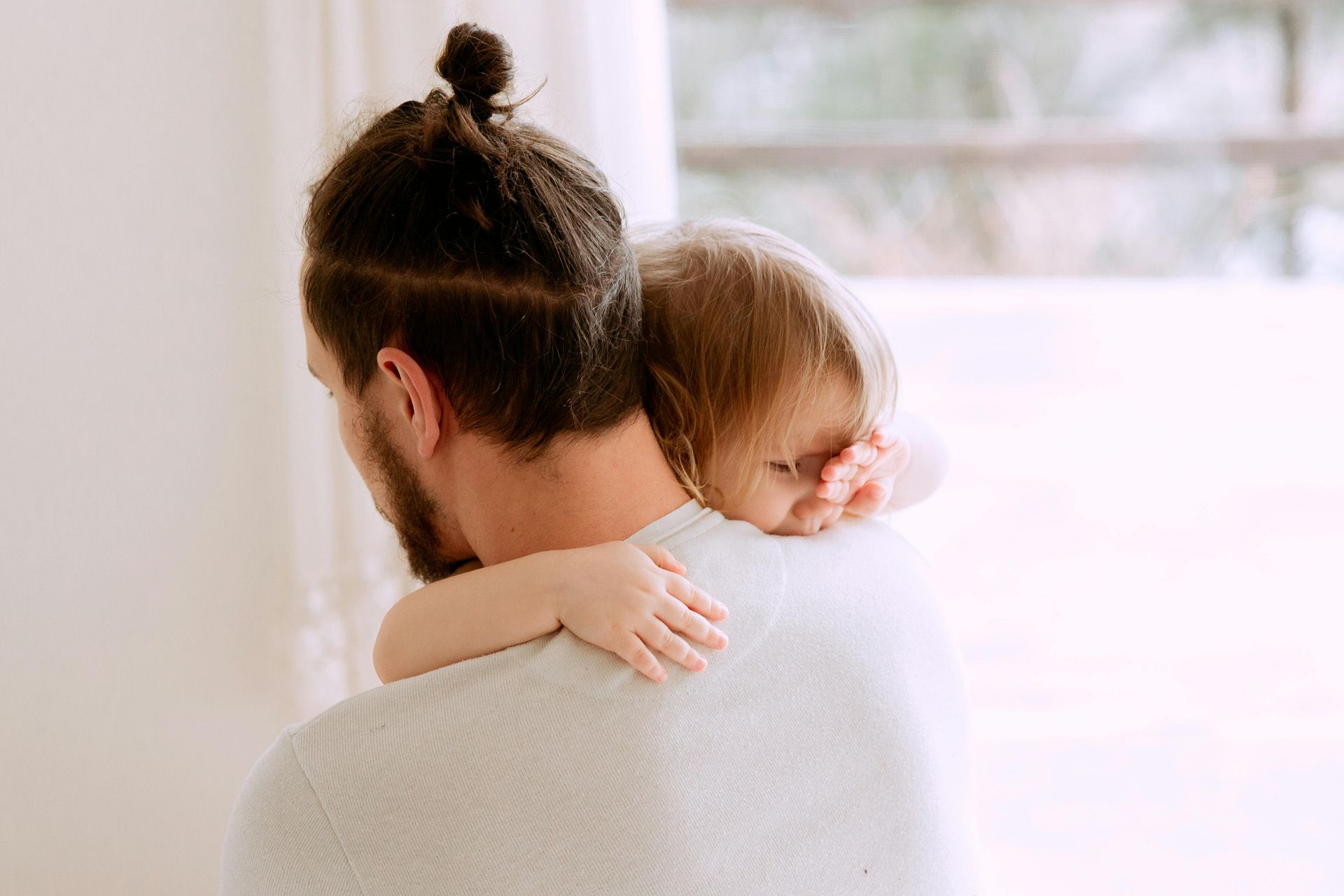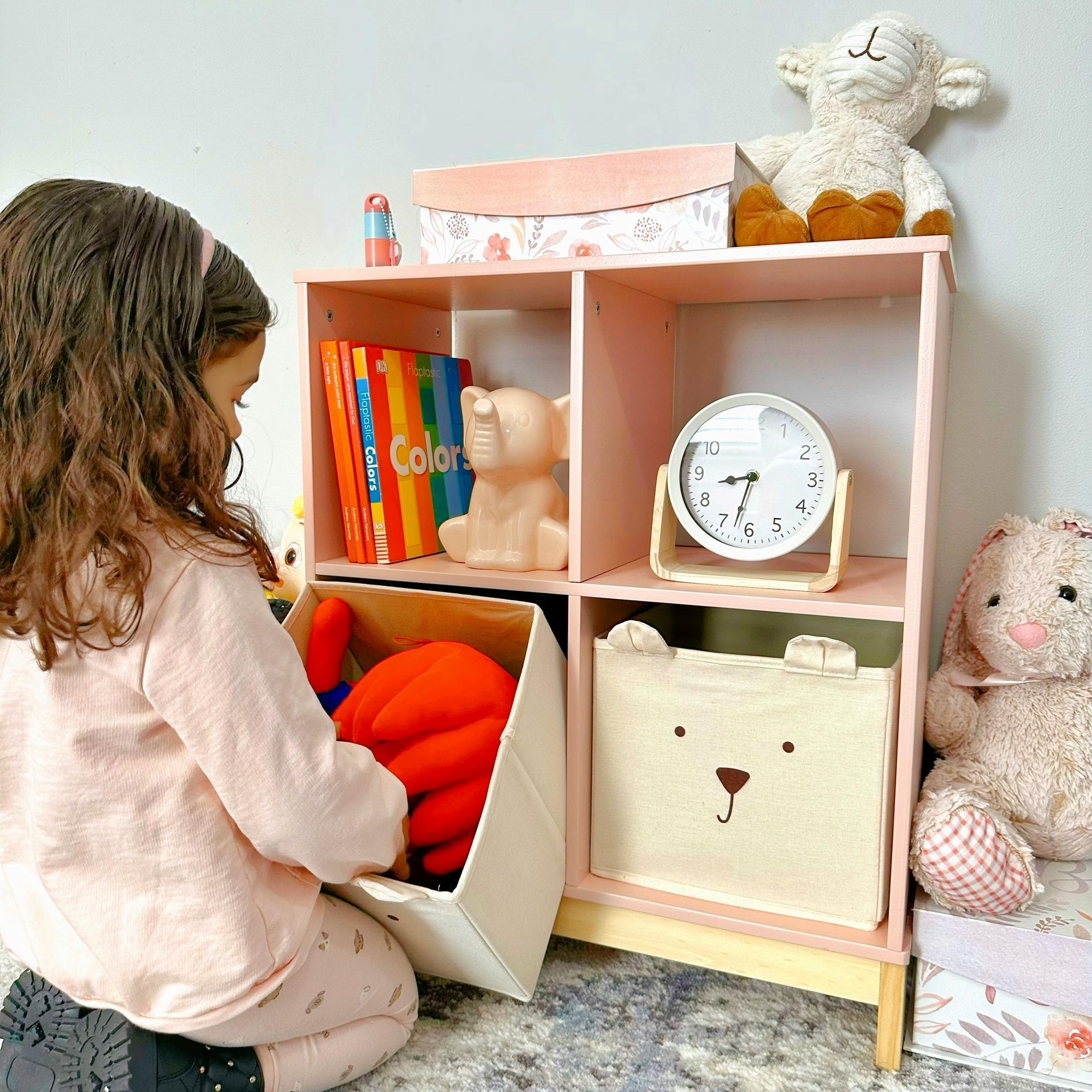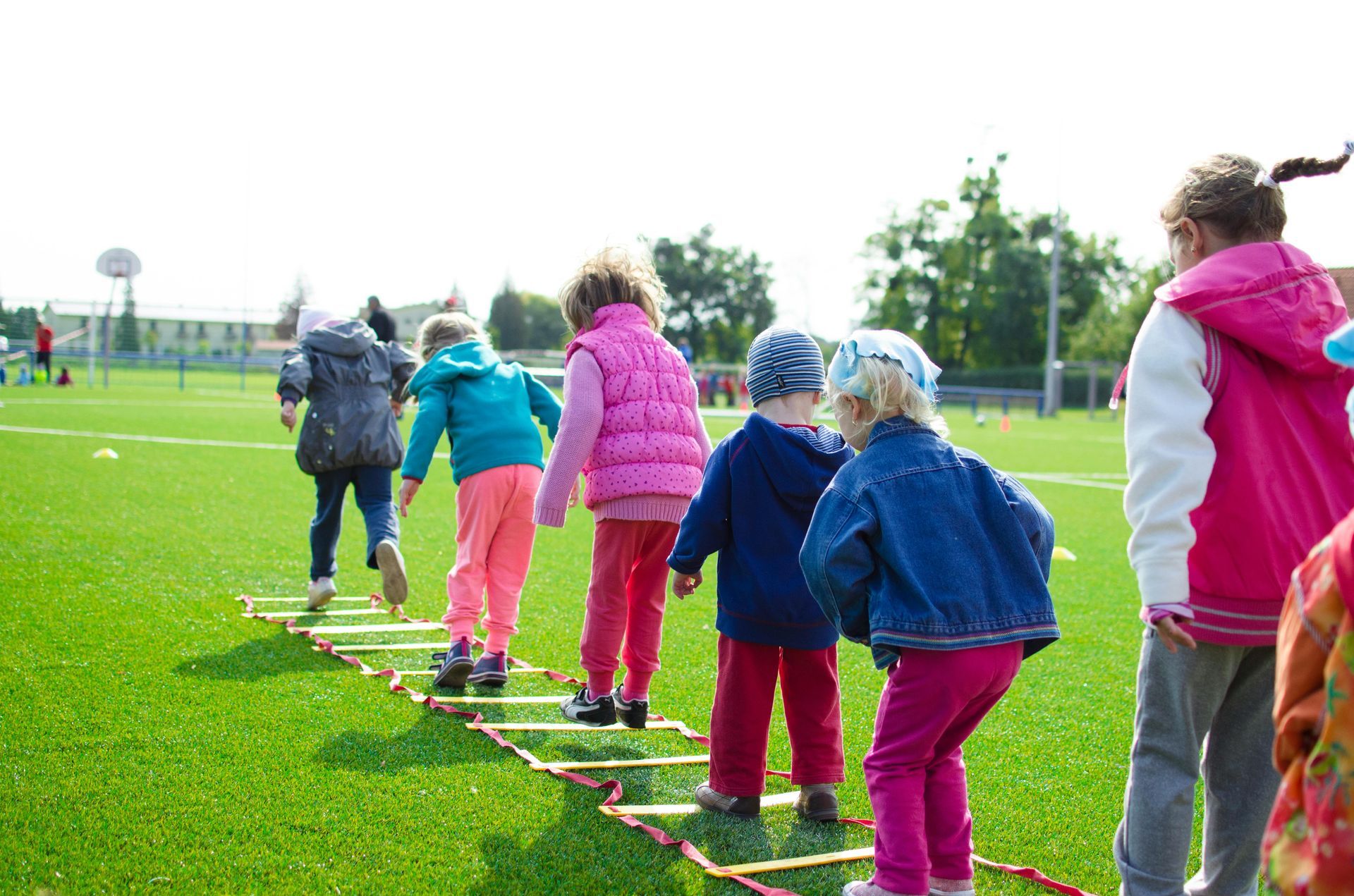The Power of Play in Early Childhood Development
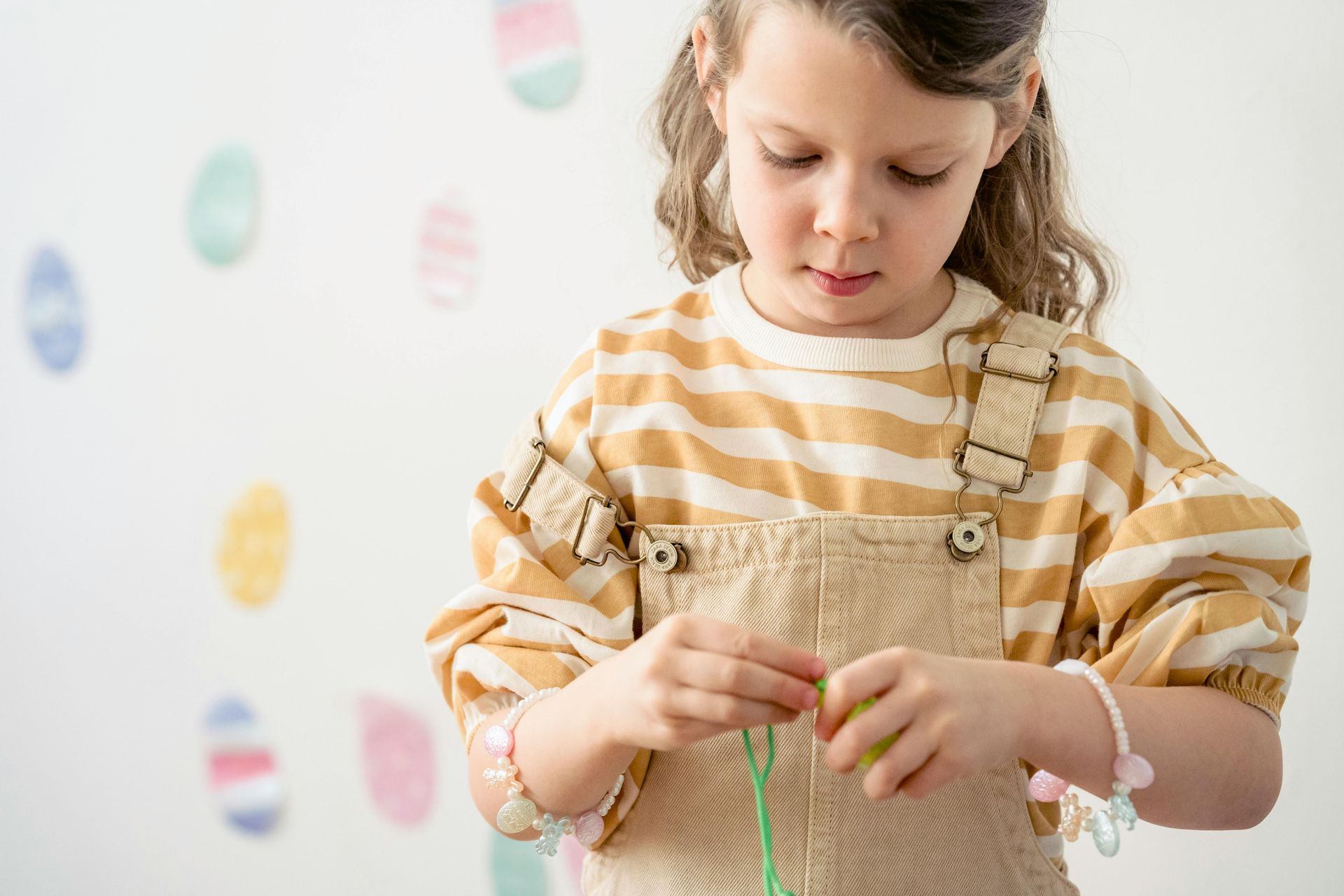
Play serves as one of the primary methods through which children learn and grow. It not only helps children develop essential skills but also nurtures creativity, problem-solving abilities, and social competence. Let’s explore the various ways play enhances child development:
1. Cognitive Growth: Learning Through Exploration
During play, children explore the world around them, testing ideas, solving problems, and gaining new knowledge. Cognitive development occurs when children use their imagination, memory, and reasoning skills to make sense of their environment.
Example: Activities like building with blocks, sorting shapes, or playing pretend games help children develop early math and science skills. When children manipulate objects, they learn cause-and-effect relationships, practice spatial reasoning, and explore patterns.
How it Helps: Play allows children to experiment and learn at their own pace, encouraging curiosity and expanding their intellectual horizons. It creates a strong foundation for more complex learning later in life.
2. Social and Emotional Development: Building Relationships and Confidence
Play also plays a pivotal role in developing a child’s social and emotional skills. Through interactive play with peers and caregivers, children learn how to navigate social dynamics, develop empathy, and manage their emotions.
Example: Engaging in cooperative games, role-playing, or group activities teaches children how to share, take turns, resolve conflicts, and express their feelings appropriately.
How it Helps: Play gives children the opportunity to practice social skills in a safe environment, building their confidence and emotional resilience. It helps them understand how to build and maintain relationships, an essential skill for success in school and beyond.
3. Physical Development: Strengthening Motor Skills
Physical play is a crucial component of early childhood development, supporting both gross and fine motor skills. From running and jumping to using scissors and drawing, physical activity helps children develop coordination, strength, and agility.
Example: Outdoor playtime, such as running, climbing, and jumping, helps children develop balance and coordination. Fine motor activities, such as drawing, painting, and playing with small toys, strengthen hand-eye coordination and dexterity.
How it Helps: Physical play not only promotes health and fitness but also encourages children to engage in activities that challenge and improve their motor skills. This type of play builds the physical foundation necessary for success in both academic and recreational pursuits.
4. Creativity and Imagination: Fostering Innovation
Play provides children with the opportunity to exercise their creativity and imagination, essential skills that contribute to problem-solving and innovative thinking. Whether it’s creating art, acting out stories, or designing new games, children learn to express themselves and think outside the box.
Example: Dramatic play, such as pretending to be a doctor, teacher, or astronaut, encourages children to use their imaginations and think creatively. It allows them to explore different roles, perspectives, and scenarios.
How it Helps: By engaging in creative play, children develop the ability to think flexibly and consider multiple solutions to problems. These imaginative exercises are critical for fostering innovation and adaptability in both school and life.
5. Language Development: Communication Through Play
Language development is another key benefit of play. When children engage in conversations during play, whether with peers or caregivers, they expand their vocabulary, improve their communication skills, and learn to express themselves clearly.
Example: Storytelling, singing, and reading books during playtime encourage children to use language in diverse ways. Pretend play, such as acting out scenes or following narratives, also promotes language skills as children practice dialogue and expand their language comprehension.
How it Helps: As children interact during play, they learn new words and concepts, improving their language abilities. Playtime with peers or adults fosters language-rich environments where children learn to communicate effectively and express their thoughts and emotions.
How Play Fits into Early Education at Early Education Station Orlando
At Early Education Station Orlando, we integrate purposeful play into our curriculum to ensure children receive a balanced education that supports their cognitive, social, emotional, and physical development. Here's how we do it:
1. Play-Based Learning: A Structured Approach
We use play-based learning, which incorporates both structured and unstructured play into the daily schedule. While children have plenty of time for free exploration, we also provide guided activities that focus on specific developmental goals.
Example: Our teachers design play activities that promote problem-solving, teamwork, and motor skill development. Whether it’s building a tower with blocks or solving a puzzle as a group, children are encouraged to think critically and work together to achieve goals.
2. Diverse Play Opportunities
We recognize the importance of offering children a variety of play experiences, both indoors and outdoors. Our classrooms are equipped with age-appropriate toys, art supplies, and learning materials to stimulate creativity and cognitive development. Outdoor play areas are designed to encourage physical activity, teamwork, and exploration of nature.
Example: Children may engage in pretend play inside the classroom, while also spending time outdoors climbing, running, or exploring sensory play activities that promote physical growth and environmental awareness.
3. Encouraging Cooperative Play
Through guided activities, we emphasize cooperative play, helping children learn how to work together, share ideas, and build relationships. Group games, team projects, and collaborative art activities encourage social interaction and communication among children.
Example: Collaborative art projects, group games, and partner activities provide opportunities for children to develop teamwork and conflict resolution skills. They learn to listen to others, respect differing opinions, and cooperate toward a common goal.
4. Fostering Emotional Development Through Play
At Early Education Station Orlando, we understand the importance of emotional development. Play provides a natural setting for children to explore and express their emotions. Teachers actively support children in identifying and managing their feelings, teaching them emotional regulation skills.
Example: During playtime, children may be encouraged to express their emotions through art, dramatic play, or role-playing scenarios. This helps them identify and articulate their feelings in a supportive and nonjudgmental environment.
Discover how a strong start through play-based learning can pave the way for lifelong academic and personal success in Building Strong Foundations: The Importance of Play-Based Learning in Early Childhood Education and Raising Lifelong Learners: The Impact of Early Childhood Education on Future Success.
Conclusion
Play is more than just a fun pastime for children—it is an essential component of early childhood development. It supports cognitive growth, social and emotional skills, physical development, creativity, and language acquisition. At Early Education Station Orlando, we understand the power of play and strive to incorporate it into every aspect of our curriculum.
By providing children with a rich environment that encourages exploration, cooperation, and creativity, we lay the foundation for lifelong learning and success. Through play, children not only acquire new knowledge and skills but also develop the confidence and resilience needed to thrive in school and beyond.

